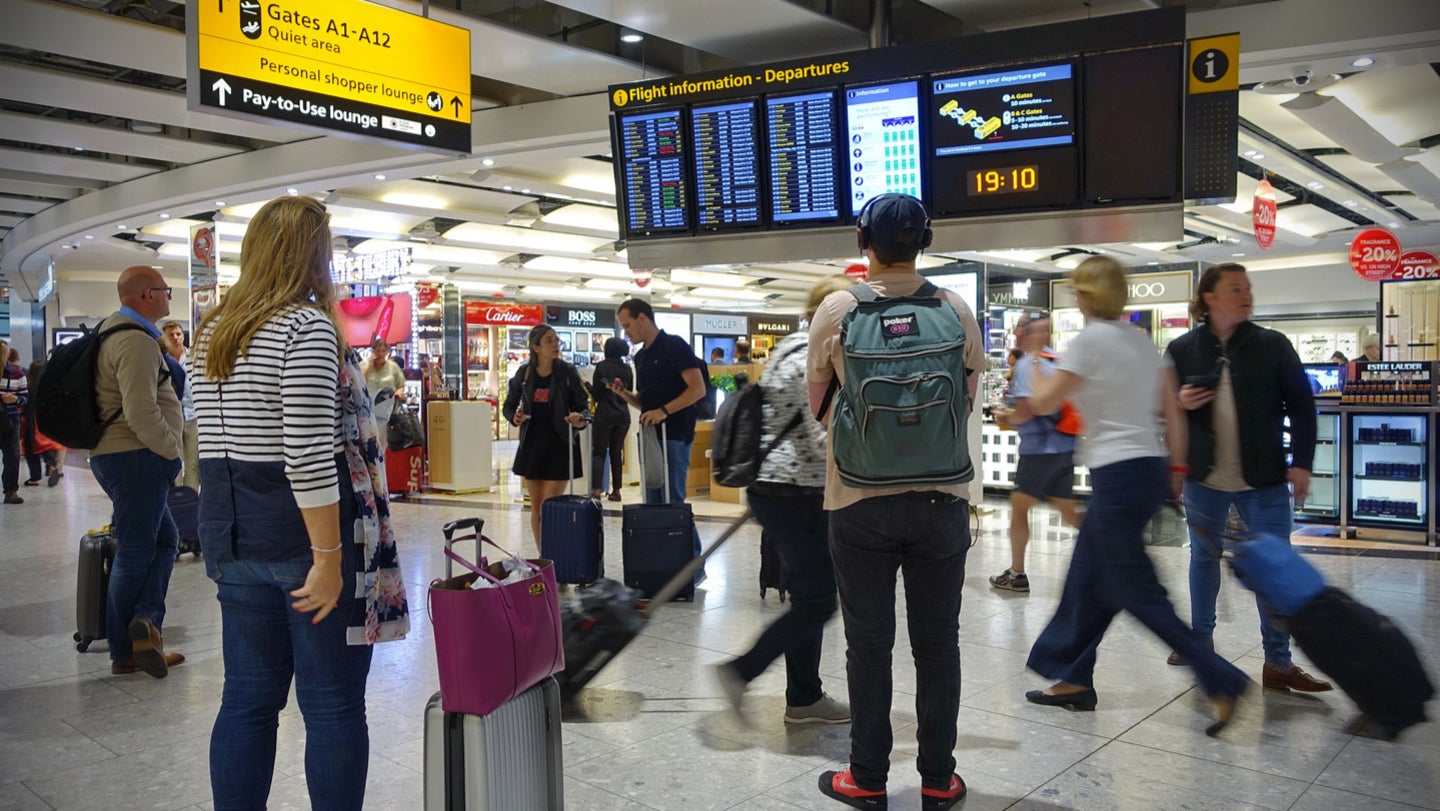
New government plans will give airline passengers in the UK better protection overall during disputes with airlines and greater compensation to disabled passengers whose wheelchairs are damaged during domestic flights.
The announcement by the Department for Transport (DfT) came as it published its response to a consultation on reforming aviation consumer policy.
Transport Secretary Mark Harper said: “I recognise the work airlines do around the clock in order to provide a good service to customers and today’s proposals set out how we can go even further for travellers.
“I’ve heard really concerning examples of passengers’ wheelchairs getting damaged and being left without full and fair compensation. It’s important that everyone can travel with confidence,” he added.
The DfT is also proposing more training for ground handling staff to better equip them to deal with the handling of wheelchairs and other equipment.
Alongside giving more power to wheelchair users, other aspects mentioned by the government include giving the UK’s Civil Aviation Authority (CAA) more powers in its role as a regulator for consumer protection law, including the ability to issue fines over breaches of the law.
Additionally, airlines could be made to sign up to an approved Alternative Dispute Resolution body to give customers a different way of escalating issues with an airline, without having to go to court.
While this could have a significant impact on the behaviour of airlines that operate in the UK and their relationship with customers, Nick Wyatt, head of travel and tourism research and analysis at GlobalData, said it’s too early to tell the true impact.
He said: “In general terms, when regulatory oversight is increased, it does place a certain onus on the airlines to make sure that they are compliant, as non-compliance can have negative impacts both financially and from a reputational standpoint.”
Wyatt also highlighted the fact that many airlines and airports are still recovering from negative press over disputes with passengers during cancellations and delays during the pandemic and the recovery from it: “Airlines are obviously trying to build back after the pandemic and in some cases are actually going through a reputational rebuilding phase,” Wyatt said.
Comments by CAA joint-interim chief executive Paul Smith echoed Wyatt’s, as he said that the regulatory body has “long called” for stronger powers in line with other regulators: “The plans announced today achieve this and will help ensure that the CAA is better equipped to hold the industry to account in meeting their obligations to passengers.”



